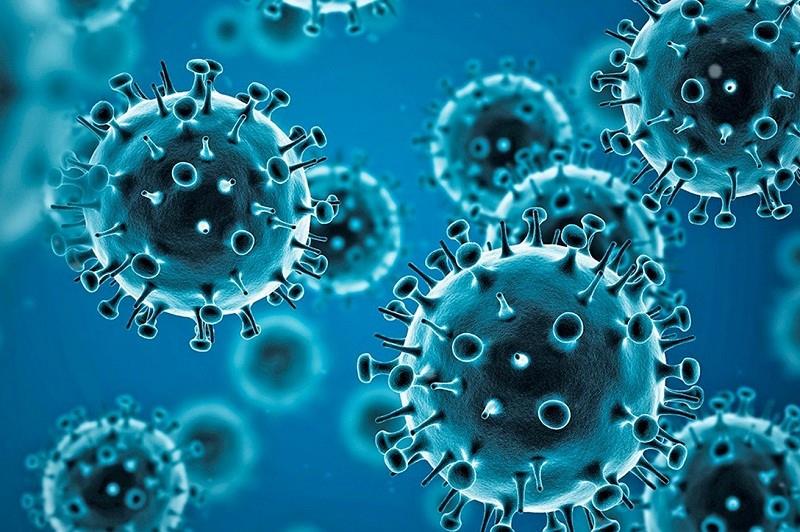State of Emergency
The initial lockdown was difficult for the public to deal with, but it was necessary. At the time we didn’t know how harmful the virus might be – so it was legitimate for government to introduce emergency measures and limit some rights, such as freedom of movement and size of public gatherings.
The first period of lockdown was effective in ‘flattening the curve’ of cases but tragically we did not use this period to build up the capacity of health services to the necessary level. This meant that when the second and particularly the third waves arrived, we were not able to cope. People died due to the lack of quality oxygen supply in hospitals in the third wave – which is unforgivable considering that the oxygen issue should have been sorted out much earlier.
The State of Emergency for the most part was applied in a proportionate manner with human rights abuses appearing to be isolated incidents rather than systematic. The transition from the State of Emergency to the use of the Public and Environmental Health Act in late 2020 also appeared to go smoothly. The President’s regular briefings and the Minister of Justice’s explanations did help to ensure there was public confidence that the rule of law was being respected.
Govt communications
Government has not really gone beyond the basics in terms of its communications on COVID-19. The daily bulletins covering the case and vaccination numbers are appreciated but government could have done much more. The First Lady’s promotion of vaccines and COVID-19 information has been more impressive than anything done by the government, especially the Ministry of Health. There’s been little imagination or innovation in government communications. This has contributed to the very slow uptake of vaccines. The policies around vaccine mandates have also been unclear while the government did little to offer incentives even with private sector support.
Welfare assistance
There should have been other welfare initiatives following the short-lived Emergency Income Grant in early 2020 which would have helped those who were suffering the most including those who lost their jobs in the last two years. But government constantly pleads that it does not have the funds for such initiatives. The pandemic has pointed to the need for an urgent re-prioritisation in public spending. Even as a mainly symbolic measure, the Cabinet, MPs and senior officials should have taken a pay cut to save some money for welfare relief. Such moves would also have made government pleas for civil service wage restraint more likely to be accepted by the public sector.
Disinformation
A small number of Namibians engaged in spreading disinformation on COVID-19 and vaccines – mostly circulating discredited claims from anti-vaxxer fanatics in the US and South Africa. Unfortunately, social media sites and platforms like WhatsApp act as amplifiers for these kind of falsities. This led to public harm as people were fed false information which promoted vaccine scepticism. Government and other players including the private sector and civil society should have been much more active in tackling and rebutting disinformation.
Socio-economic faultlines
The pandemic has further exposed Namibia’s socio-economic faultlines – particularly poverty and inequality, lack of sanitation and access to clean water, and the generally poor state of health facilities and services. The key lesson learnt should be that we do much more to address these issues and lift Namibians out of poverty and deprivation.
The biggest omission was the failure to plan for successive waves which could be worse than preceding waves. There was really no excuse for this, and it led to the loss of lives due to the oxygen crisis in the middle of 2021. Frontline health workers doing magnificent work to help ordinary Namibians were let down by their political bosses.
Prospects for recovery
The economy was in poor shape before the pandemic and the situation has only been exacerbated since early 2020. HPPII was formulated prior to COVID-19 and, while not irrelevant, does not serve the purpose of a post-COVID recovery plan.
In the hope that Omicron may be the last serious wave, we need to put a national recovery plan in motion. This should already be in preparation. All the talk about green hydrogen is positive, but we need a more comprehensive approach to getting the economy out of the doldrums.


